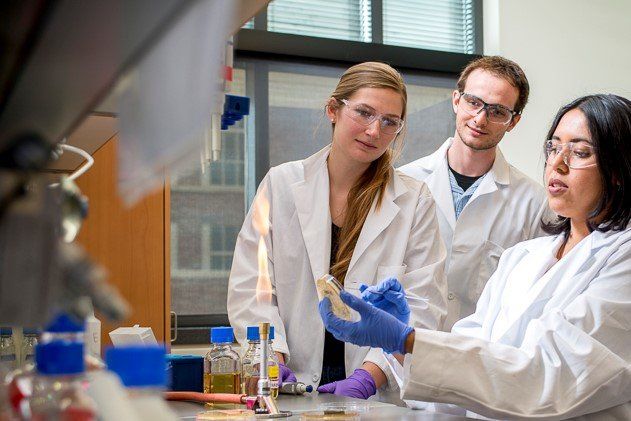Light-activated nanoparticles, also known as quantum dots, can provide a crucial boost in effectiveness for antibiotic treatments used to combat drug-resistant superbugs such as E. coli and Salmonella, new University of Colorado Boulder research shows.
Multi-drug resistant pathogens, which evolve their defenses faster than new antibiotic treatments can be developed to treat them, cost the United States an estimated $20 billion in direct healthcare costs and an additional $35 billion in lost productivity in 2013.
CU Boulder researchers, however, were able to re-potentiate existing antibiotics for certain clinical isolate infections by introducing nano-engineered quantum dots, which can be deployed selectively and activated or de-activated using specific wavelengths of light.
